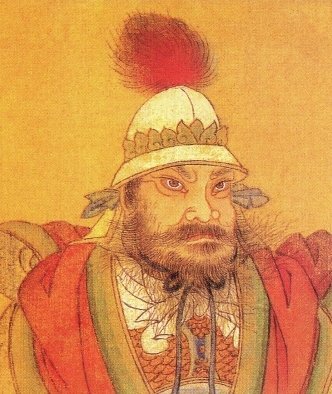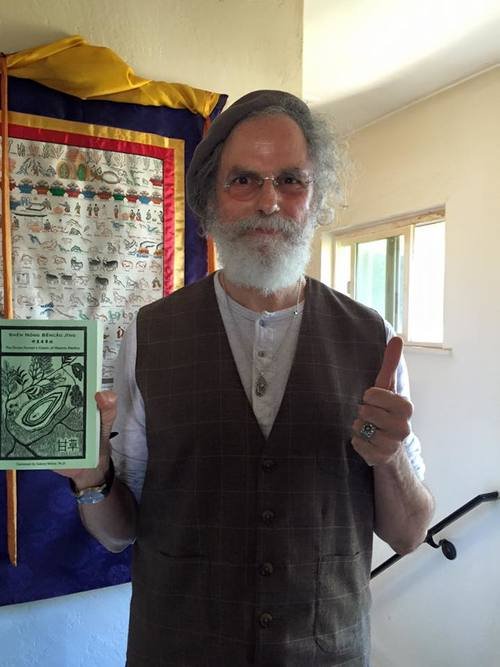
Jiggling the Jing
How do we cultivate inner stillness, powerful healing presence, mastery of medicine (perhaps even with a capital “M”) beyond technique, or whatever you want to call it? We were playing with concepts like “concentrating the yì (intent) and unifying the shén (spirit/s), to stop the jīng essence and Qì from separating, …so as to gather in the (patient’s?) jīng (essence)” 專意一神,精氣不分…以收其精 (Lingshu 9). In this context, Leo mentioned the phrase 搖精 yáo jīng, which I have, somewhat fancifully, translated in the title of this short article as “jingling jīng,” but which you could also render as “rattling the essence.”

Moderating the Liver?
For the past two weeks, much of my attention has been taken up by a course on “Nurturing the Fetus: The Ten Months of Pregnancy in the Chinese Medicine Classics and the Modern Clinic,” which I am currently teaching with my clinical colleague and friend Andrew Loosely. A student in that class had a great question about the recommendation for the first month of pregnancy. Here is the information and advice, as worded in one of our sources, Bèijí qiānjīn yàofāng 2.3 《備急千金要方》…

Suwen 5 and Seeking the Root
…the lesson here is that we all need to stay open to learning and being corrected. That none of our knowledge is ever enough, that we all make mistakes, and that we all must create and maintain and nurture a learning environment that facilitates this sort of mutual collaboration. And that we must hold each other accountable, and that that our goal must be not to make ourselves right and the other person wrong but to learn from and with and for each other, for the benefit of the greater good.
Spelling Classical Titles in Pinyin
Based on much thought and some very helpful information shared with me by the librarian at Stanford University, I have decided to implement a major (and pretty painful) change in how I format classical Chinese titles in pinyin for Happy Goat Productions. Note that this post is very nerdy and probably irrelevant to many innocent readers.

Lower Leg Qi
The following is another excerpt from my ongoing translation project, the “Hundred Questions of Gynecology” 女科百問 by Qí Zhòngfǔ from 1220 CE. “Question Twenty-Nine: What is the Reason for Women Suffering from Pain in the Ten Toes as If They Were Being Fried in Oil, and Experiencing Heat Pain When Covered up and Cold Pain When Exposed to Blowing Wind?” … The key points to take away from earlier medical literature on the disease of Lower-Leg Qì are as follows: It is a condition that can express itself in numerous ways and does not have a single cause or even key symptoms. Nevertheless, it is, at least was originally, associated with pathological wind that invades the body through the feet. …

Impressions of the SHennong Bencaojing
...this text should be on every herbalist’s desk, and would also serve as an excellent introduction to herbal medicine for acupuncture/ ’moxabustionists’ as well. I’m looking forward to taking the Shen nong ben cao jing into the forests, as I commune with the plants and minerals in the fields. Or as Zhuangzi once said, ‘cloud hidden, whereabouts unknown’.